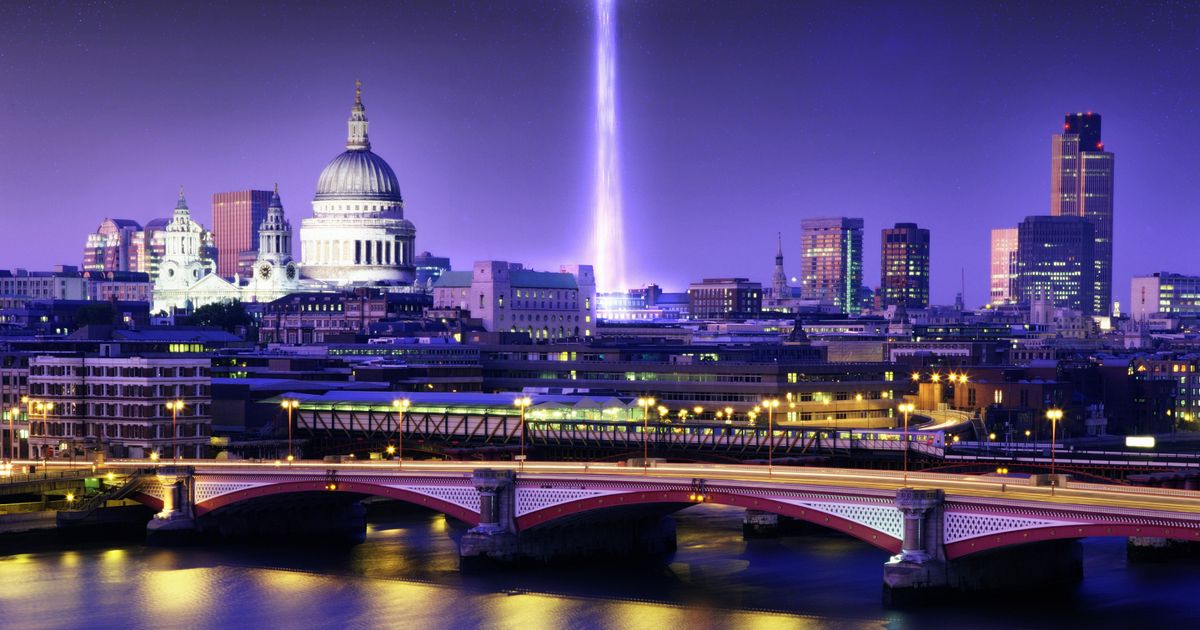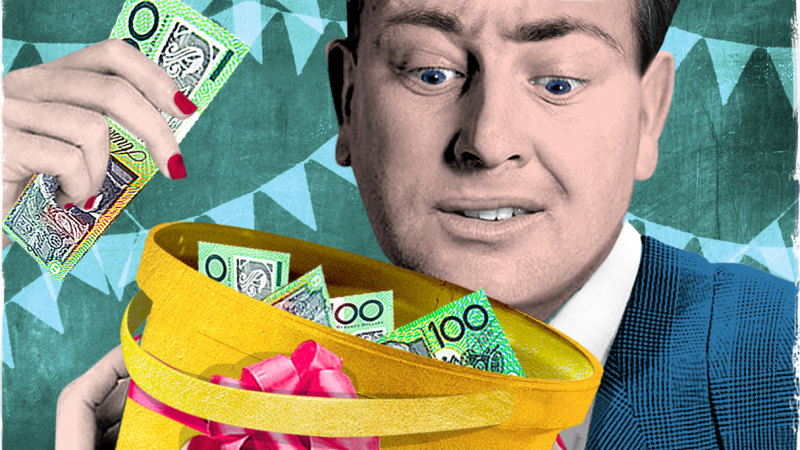Kyiv: Prime Minister Fumio Kishida made a surprise visit to Kyiv, stealing some of the attention from Asian rival President Xi Jinping of China, who met in Moscow with Russian President Vladimir Putin to promote Beijing’s peace proposal for Ukraine that Western nations have already criticised.
The two visits, about 800 kilometres apart, highlighted the nearly 13-month-old war’s repercussions for international diplomacy as countries line up behind Moscow or Kyiv.
Japanese Prime Minister Fumio Kishida, centre, offers prayers, at a church in Bucha, a town outside Kyiv that became a symbol of Russian atrocities against civilians, in Ukraine.Credit:AP
Kishida, who will chair the Group of Seven summit in May, met President Volodymyr Zelensky and paid tribute to those killed in Bucha, a town outside Kyiv that became a symbol of Russian atrocities against civilians.
After talks with Xi, Putin said a Chinese peace plan could provide a basis for a settlement of the fighting in Ukraine when the West is ready for it, but he added that Kyiv’s Western allies have shown no interest in that.
US officials have said any peace plan coming from the Putin-Xi meeting would be unacceptable because a cease-fire would only ratify Moscow’s territorial conquests and give Russia time to plan for a renewed offensive.
In a joint statement issued at the end of Xi’s state visit to Moscow on Tuesday (Russia time), the two men cautioned against any steps that might push the Ukraine conflict into an “uncontrollable phase”, adding pointedly that there could be no winners in a nuclear war.
Russian President Vladimir Putin and Chinese President Xi Jinping exchange documents during a signing ceremony on Tuesday,Credit:AP
Putin accused Western powers of fighting “to the last Ukrainian”, while Xi reiterated China’s “neutral position” on Ukraine and called for dialogue.
“We believe that many of the provisions of the peace plan put forward by China are consonant with Russian approaches and can be taken as the basis for a peaceful settlement when they are ready for that in the West and in Kyiv. However, so far we see no such readiness from their side,” Putin said.
China’s proposal – a 12-point paper calling for a de-escalation and eventual ceasefire in Ukraine – lacks details on how to end the war.
The US has been dismissive of the Chinese proposal, given Beijing’s refusal to condemn Russia over Ukraine, and says a ceasefire now would lock in Russian territorial gains and give Putin’s army more time to regroup.
Kyiv has welcomed China’s diplomatic involvement but says Russia must pull its troops out of Ukraine, and underlines the importance of Ukraine’s territorial integrity.
On his visit, Japan’s Kishida laid flowers at a church in Bucha for the town’s victims.
“Upon this visit to Bucha, I feel a strong resentment against cruelty,” he said. “I would like to represent the people in Japan, and express my deepest condolences to those who lost their loved ones, were injured as a result of this cruel act.”
US Ambassador to Japan Rahm Emanuel noted the “two very different European-Pacific partnerships” that unfolded on Tuesday.
“Kishida stands with freedom, and Xi stands with a war criminal,” Emanuel tweeted, referring to Friday’s decision by the International Criminal Court to issue an arrest warrant for Putin, saying it wanted to put him on trial for the abductions of thousands of children from Ukraine.
Putin, in his remarks, said the latest threat is a British plan to provide Ukraine with tank rounds containing depleted uranium. “If that happens, Russia will respond accordingly, given that the collective West is starting to use weapons with a nuclear component.”
Japanese Prime Minister Fumio Kishida and Ukrainian President Volodymyr Zelenskyy, right, greet each other after the signing of joint documents in Kyiv.Credit:AP
He did not elaborate. Putin has occasionally warned that Russia would use all available means, including possibly nuclear weapons, to defend itself, but also has sometimes backed off such threats.
Putin’s comment referred to remarks Monday by UK junior Defence Minister Annabel Goldie, who wrote: “Alongside our granting of a squadron of Challenger 2 main battle tanks to Ukraine, we will be providing ammunition, including armor-piercing rounds which contain depleted uranium.
Such rounds are highly effective in defeating modern tanks and armoured vehicles.”
Russian Foreign Minister Sergey Lavrov said the UK plan shows that the British “have lost the bearings,” and Defence Minister Sergei Shoigu said “it marked another step, and there aren’t so many of them left.”
But weapons expert Hamish de Bretton-Gordon, former commander of Britain’s Royal Tank Regiment, said it was “reckless” of Putin “to try and suggest Britain is sending nuclear material” to Ukraine.
He said depleted uranium is a common component of tank rounds, possibly even used by Russia.
“Putin insinuating that they are some sort of nuclear weapon is bonkers,” de Bretton-Gordon told The Associated Press.
“Depleted uranium is completely inert. There is no way that you could create a nuclear reaction or a nuclear explosion with depleted uranium.”
AP, Reuters
Get a note directly from our foreign correspondents on what’s making headlines around the world. Sign up for the weekly What in the World newsletter here.
Most Viewed in World
From our partners
Source: Read Full Article





